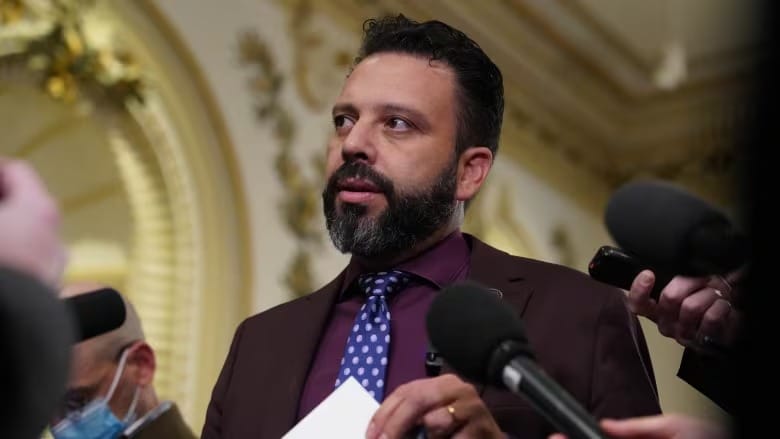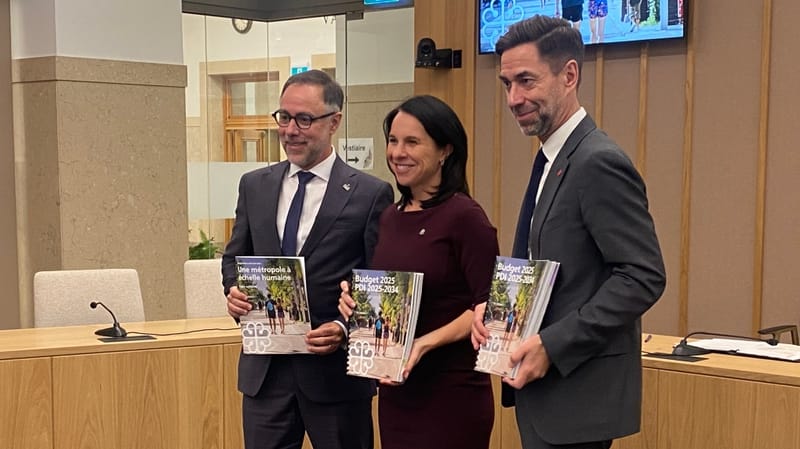Quebec ‘ready to use’ notwithstanding clause to force doctors to practice in province
This issue has become more pressing given that, between 2015 and 2017, approximately 16% of new Quebec-trained doctors left the province for opportunities elsewhere, with many moving to Ontario.

Quebec Premier François Legault announced that his government is prepared to use the notwithstanding clause to require Quebec-trained doctors to work in the province’s public healthcare system after graduation.
Legault suggested that medical graduates who do not comply may be required to reimburse the government for their training costs, estimated at $435,000 to $790,000 per doctor.
Legault emphasized the urgency of Quebec's doctor shortage, arguing that doctors trained with taxpayer support should serve Quebec’s public healthcare system.
This initiative builds on Health Minister Christian Dubé’s proposal to introduce legislation mandating that new family doctors and specialists begin their careers in Quebec’s public network.
However, legal experts, such as constitutional lawyer Frédéric Bérard, argue that this policy would likely violate Canadians’ mobility rights, protected under Section 6 of the Charter.
Bérard noted that the notwithstanding clause cannot override Section 6, which allows Canadians the freedom to work anywhere in the country.
He criticized Legault's stance as a political maneuver that leverages the legal system for provincial gain.
This issue has become more pressing given that, between 2015 and 2017, approximately 16% of new Quebec-trained doctors left the province for opportunities elsewhere, with many moving to Ontario.
Additionally, a growing number of Quebec physicians—especially recent graduates—are choosing to work exclusively in the private sector, a trend that has increased by 70% since 2020.





